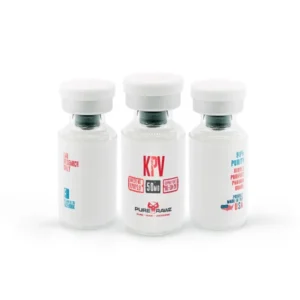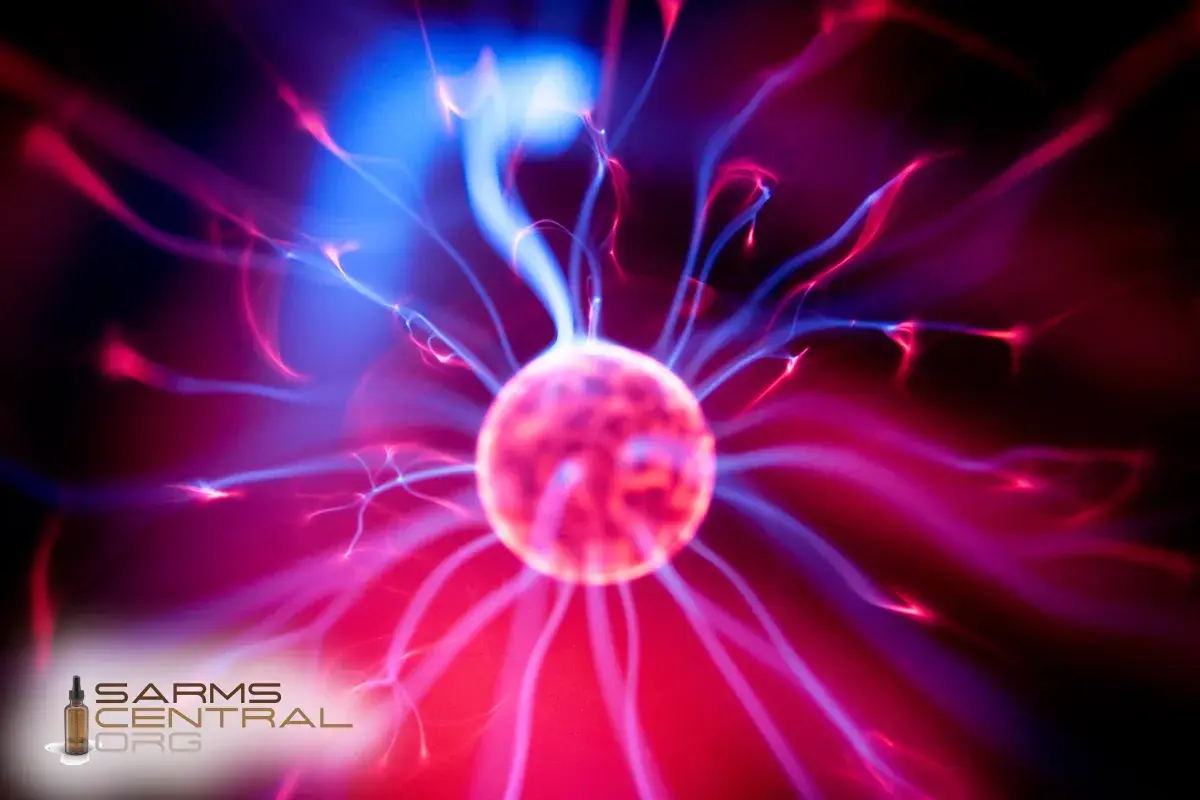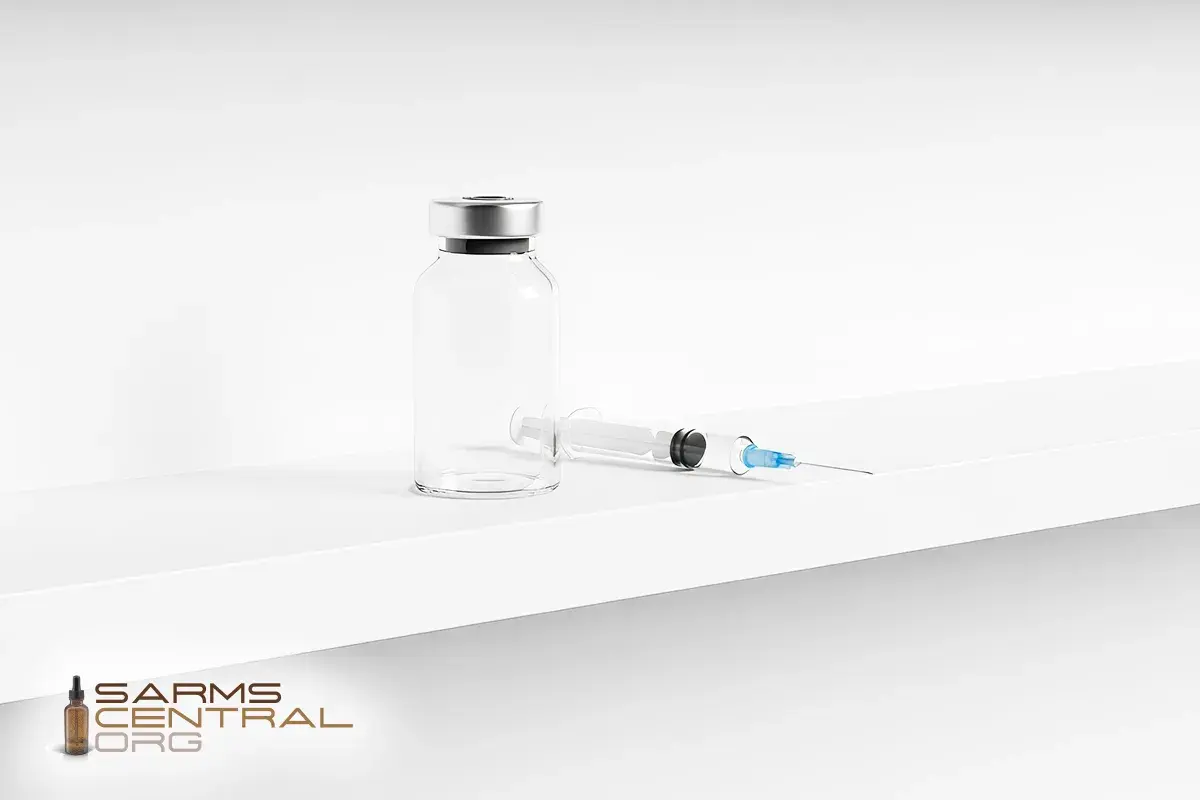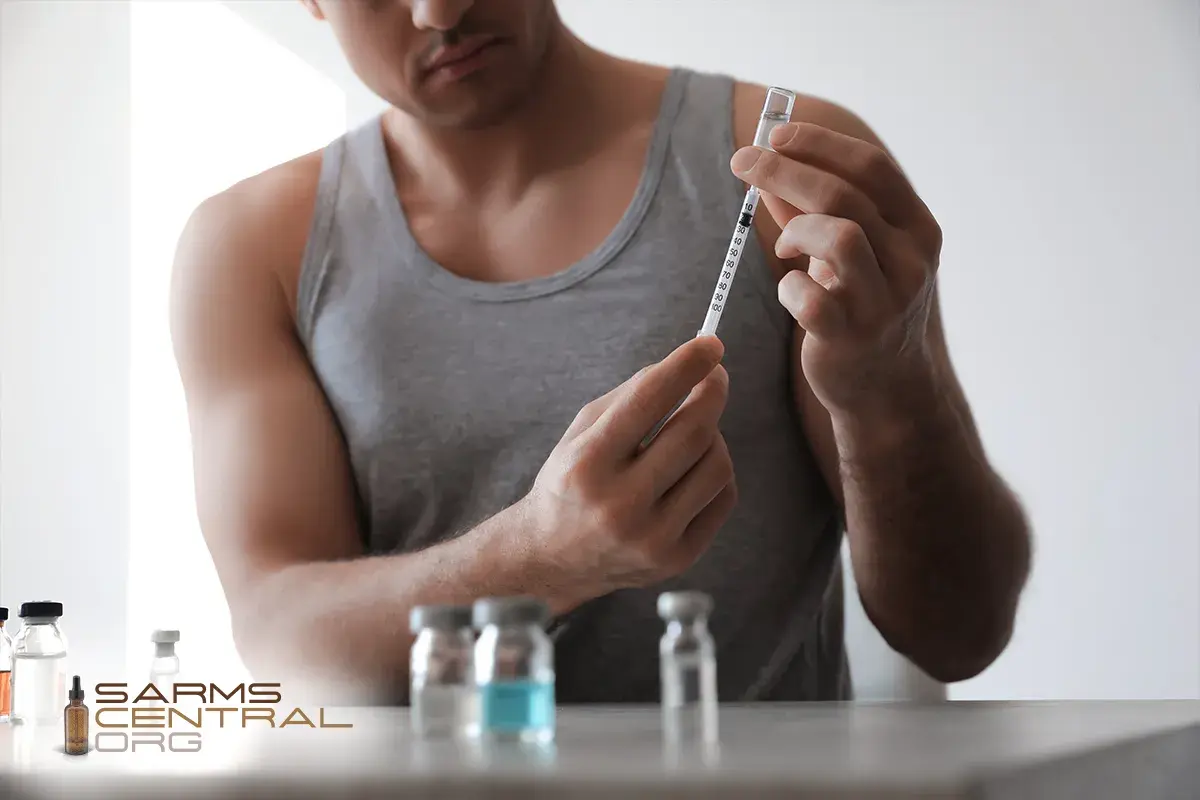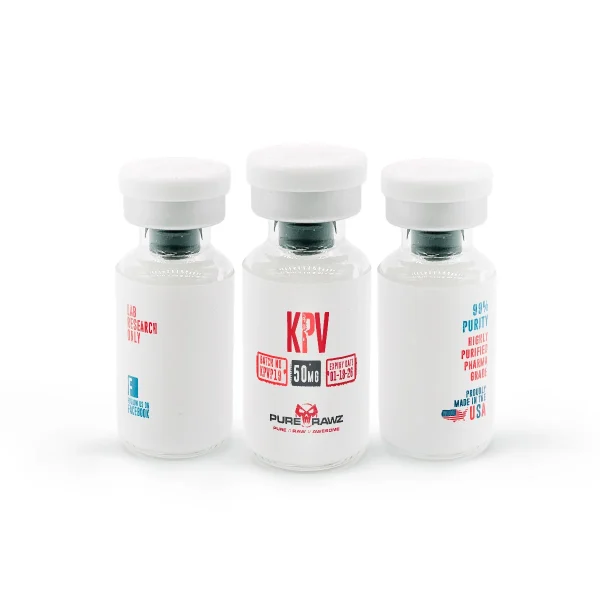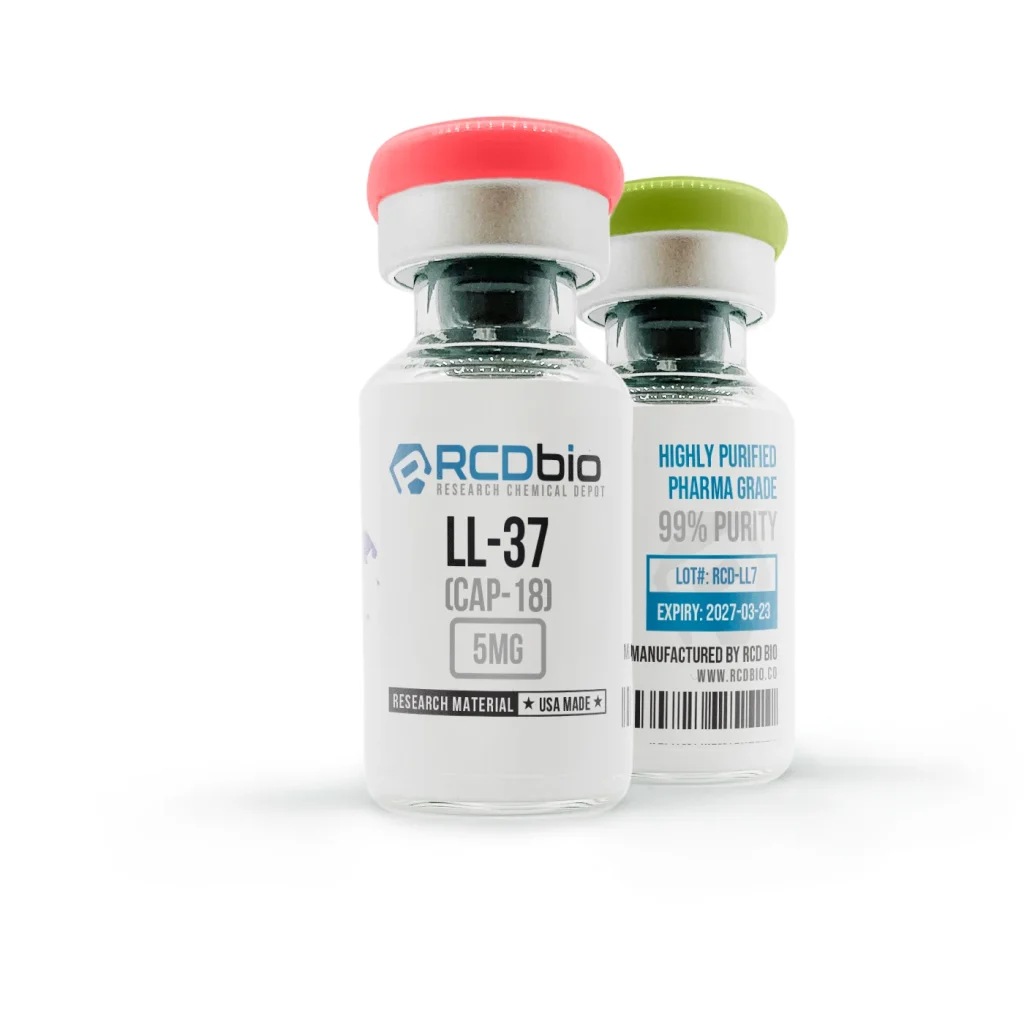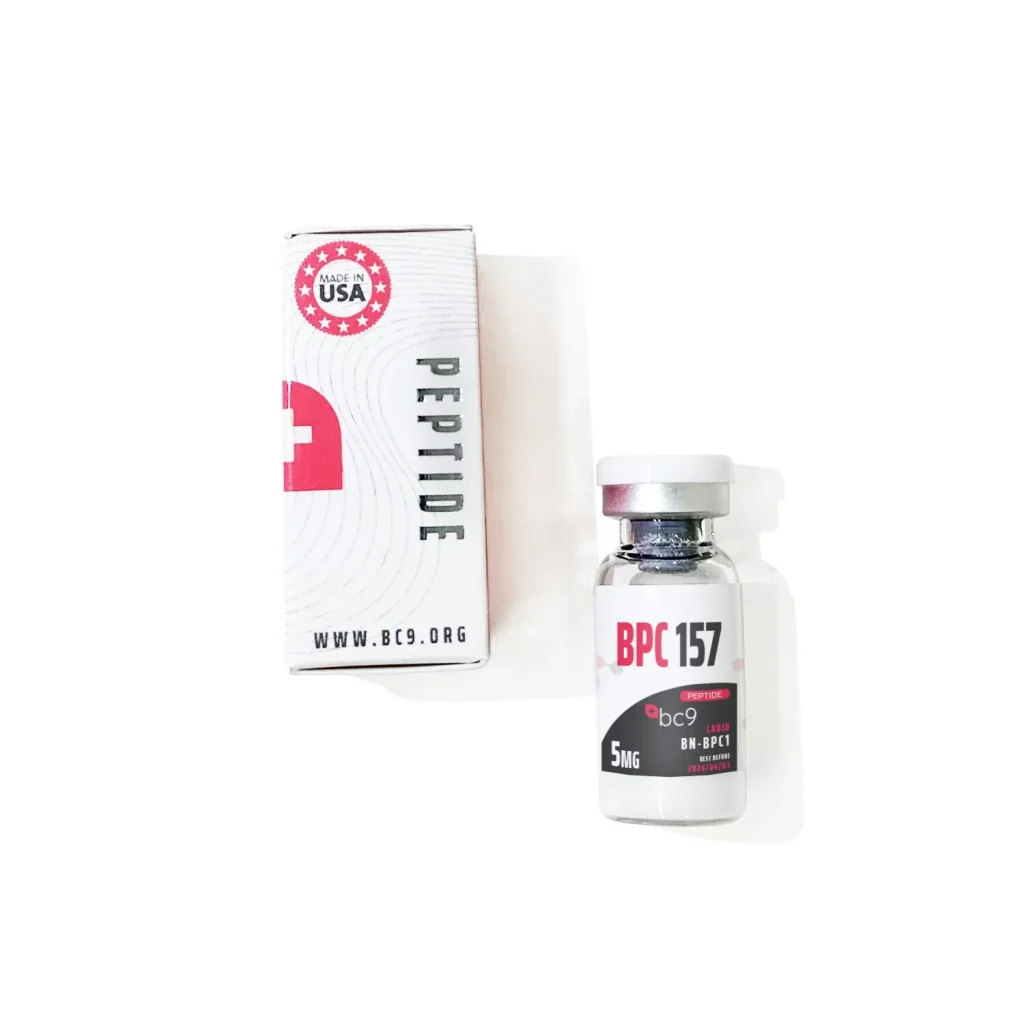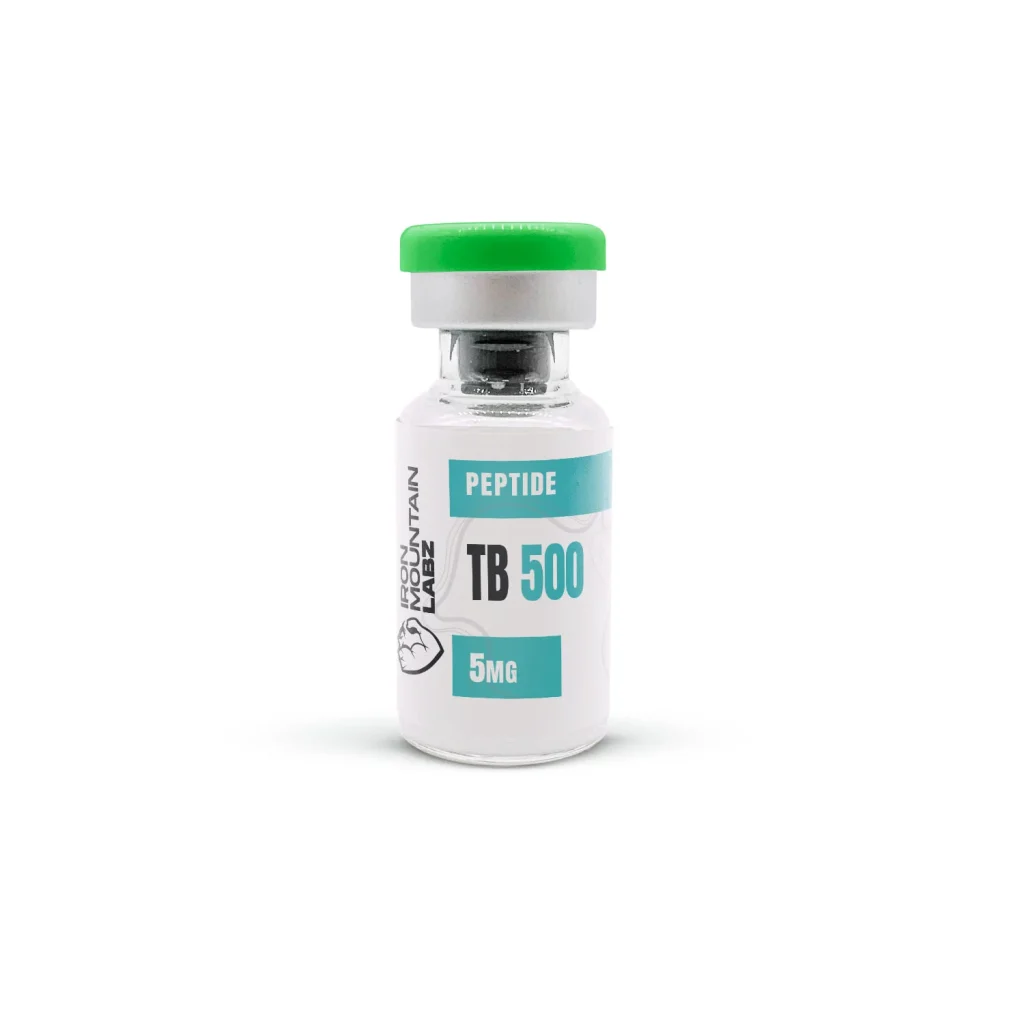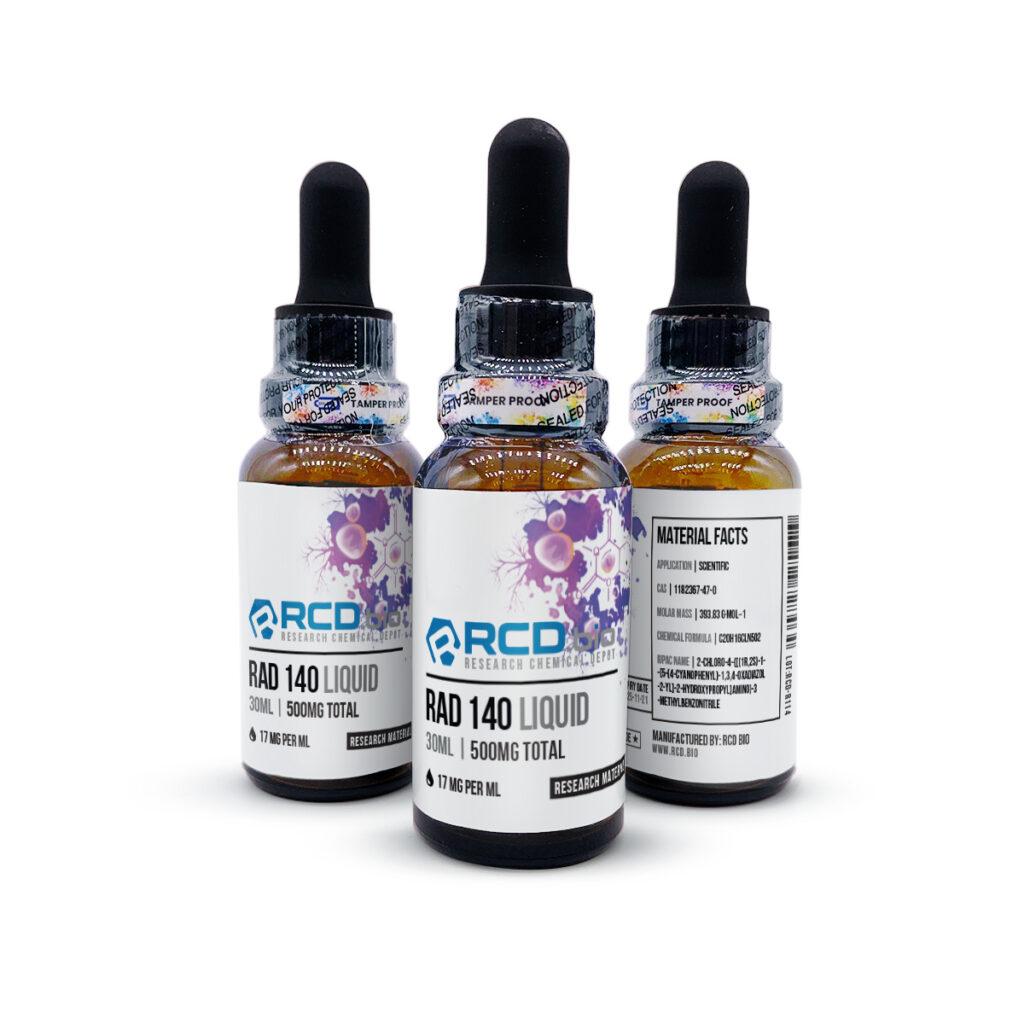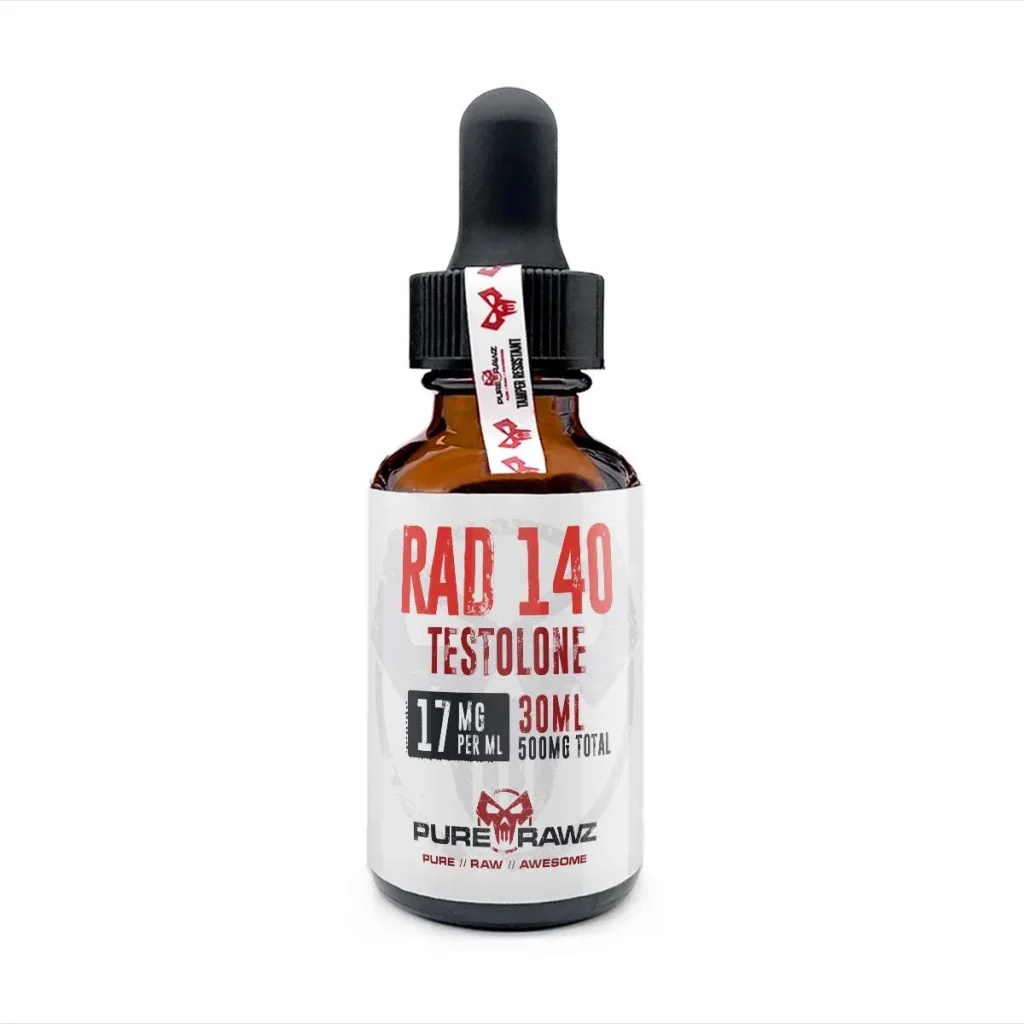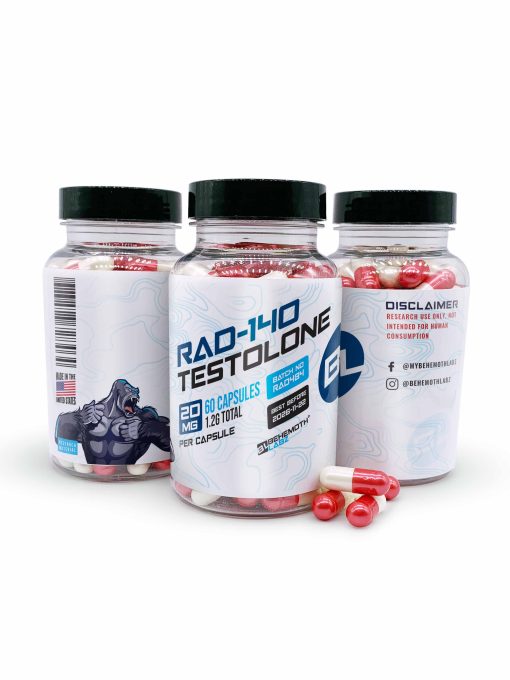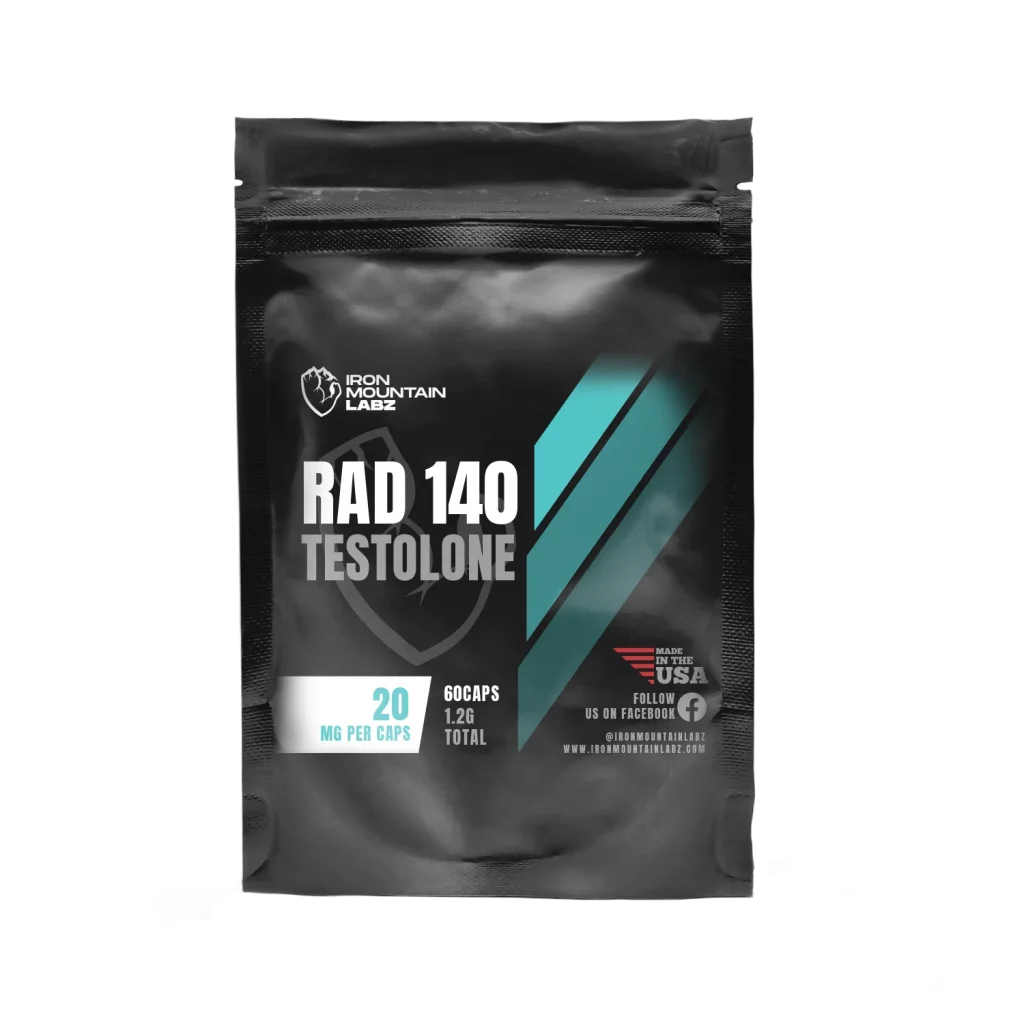Has your gut been acting up, and are you tired of bloating, discomfort, or frequent trips to the bathroom? An increasing number of people are turning to healing peptides to support gut health. This is especially true for those with irritable bowel syndrome (IBS) and other gut problems. In this blog, we’ll break down how these tiny proteins might just be the big solution your gut’s been waiting for.
What Are Peptides?
Peptides are short chains of amino acids that play essential roles in countless biological functions. They may be smaller than proteins, but they have strong effects. They help heal, control inflammation, and keep balance in the body.
Key Peptides for Gut Health
BPC-157
BPC-157 is a healing peptide that promotes gut lining repair and enhances gastric protection. It is especially effective for conditions like leaky gut syndrome and gastric ulcers, often compared in TB-500 and BPC-157 discussions. Beyond the gut, it also influences the healing of muscles, tendons, and the nervous system. Its protective effects extend to safeguarding organs from damage caused by alcohol and stress.
KPV (Lysine–Proline–Valine)
KPV is a synthetic tripeptide with potent anti-inflammatory properties. It fights inflammation in the gut and helps keep the immune system balanced. It is beneficial for managing inflammatory bowel disease and similar chronic conditions. It exerts its effects without suppressing the immune system. KPV supports gut health by protecting the intestinal lining. It also promotes the growth of epithelial cells and lowers oxidative stress.
Thymosin Beta-4 (TB-500)
TB-500 is a synthetic form of Thymosin Beta-4. It helps heal tissue and reduce inflammation in the gut. It does this by supporting key protein structures. It is useful for healing damage linked to autoimmune gastrointestinal issues. TB-500 helps keep the gut lining strong. It does this by regulating actin, a protein that is key for cell structure and movement. TB-500 may improve circulation in gastrointestinal tissues. It may enhance nutrient delivery and waste removal to support optimal gut function.
LL-37
LL-37 is an antimicrobial peptide. It controls harmful microbes and supports a healthy microbiome. It also reduces inflammation and supports gut tissue healing. Beyond its antimicrobial actions, LL-37 promotes epithelial cell regeneration. It helps seal gaps in the gut lining, which prevents and heals leaky gut syndrome. LL-37’s dual role in immunity and repair makes it a promising therapy for gut health and chronic GI disorders.
Find The Best Prices For Gut Health Peptides
How Peptides Support Gut Healing
Peptides help heal the gut. They promote tissue repair in the small intestine and strengthen the gut lining. This is key to preventing leaks and inflammation. They enhance stomach digestion by improving enzyme function and supporting the balance of gut acids. Peptides can help improve nutrient absorption. They also boost growth factors that support recovery, much like HGH peptides in tissue repair. This works best with a healthy diet. Some peptides boost the production of short-chain fatty acids. These acids are key for energy, immune support, and gut barrier health. So, they are valuable for treating many digestive disorders.
Benefits of Using Peptide Therapy for Gut Health
- ➢ Enhances the repair of the gut lining to reduce inflammation and leaky gut symptoms.
- ➢ Supports a balanced gut microbiome for better digestion and immunity.
- ➢ Improves nutrient absorption by strengthening the small intestine’s function.
- ➢ Boosts natural production of healing compounds such as growth factors or cytokines
- ➢ Reduces symptoms of chronic conditions like IBS and Crohn’s disease.
- ➢ Encourages the growth of beneficial bacteria through a better gut environment.
- ➢ Promotes efficient stomach digestion by regulating enzyme activity.
- ➢ Complements diet and lifestyle changes for long-term gut health support.
Stacking Peptide Supplements for Gut Health
- ➢ BPC-157 + KPV peptide: These peptides help reduce inflammation and support the immune system in the digestive tract. They provide relief from serious gastrointestinal problems.
- ➢ TB-500 + Glutamine peptide: This mix heals tissues and lowers gut lining permeability for patients.
- ➢ BPC-157 + collagen peptides: These are often used together. They help repair the gut wall and support connective tissue. This combination is good for patients recovering from gastrointestinal problems.
- ➢ KPV + LL-37 peptide: This combo fights inflammation and germs. It helps heal the gut and lowers intestinal permeability. It’s especially beneficial for patients with frequent GI infections.
Side Effects Associated with Using Peptides for Gut Health
Some users might feel mild digestive discomfort, such as nausea, when they start using peptides.
- ➢ Patients with inflammatory conditions, like ulcerative colitis, may react to certain peptides.
- ➢ Injection site reactions can happen. You might see redness or swelling. This depends on how someone administers the injection.
- ➢ Using too much or the wrong dosage can make symptoms worse. It can also interact with treatments for nausea or ulcerative colitis.
Consult a healthcare provider to avoid potential interactions with existing treatments.
Conclusion
Peptide therapy can bring great benefits for those wanting to improve their digestion and gut health. Peptides help tissue repair, boost nutrient absorption, and lower inflammation. This benefits both the immune system and gut function. This makes them especially promising for managing chronic conditions like inflammatory bowel disease. However, it is important to remember that results can vary depending on the body and health status of each individual. For the best results and fewer risks, use peptides with medical supervision, especially when exploring anti-aging benefits beyond gut health. Make sure the dosage fits your needs. When used responsibly, peptide therapy can be a powerful tool for restoring balance and resilience to the gut and beyond.
Frequently Asked Questions
What gut diseases may benefit from peptide therapy?
Peptide therapy provides powerful benefits for various conditions. It helps with leaky gut syndrome, IBS, and inflammatory bowel disease. This therapy boosts the gut lining. It also protects the stomach and helps manage immune responses.
Which peptides are most effective for gut healing?
Peptides like BPC-157 and TB-500, along with peptide hormones such as GLP-2, are great for gut healing. They help repair intestinal tissues and lower inflammation. Also, they support the main protein structures that keep the gut strong.
Can bioactive peptides improve the symptoms of chronic inflammation in the gut?
Bioactive peptides can boost immune function and lower inflammation. They also aid tissue repair. This relieves chronic gut issues. It does this by strengthening the gut barrier and supporting a healthy microbiome.
Can peptides improve gut microbiota and reduce inflammation?
Peptides help gut microbes by promoting a healthy microbiome. They limit harmful bacteria and reduce inflammation. This improves digestion and supports long-term gastric health.

